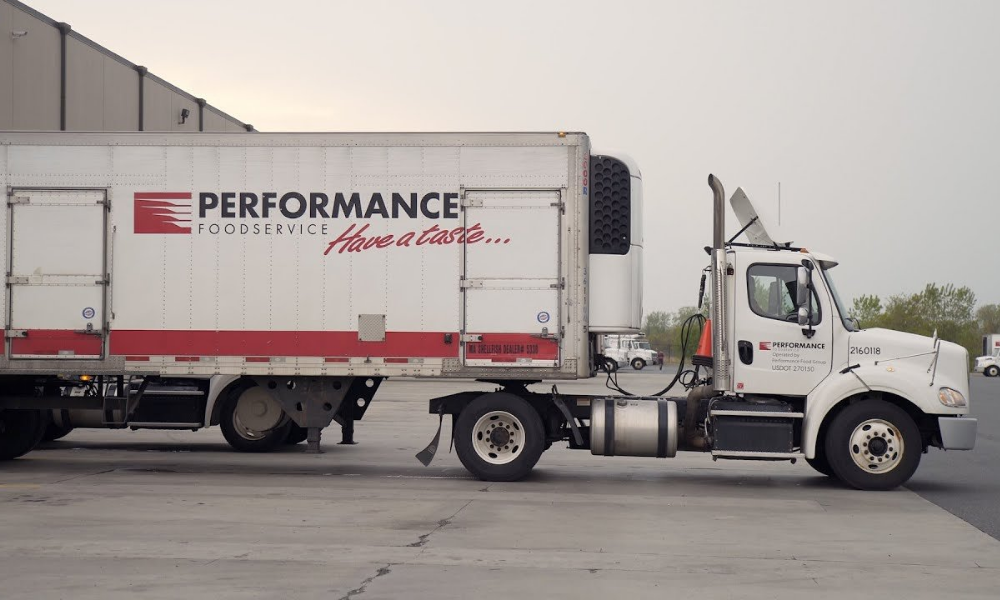
Tens of thousands of employees could be owed unpaid wages and overtime from Performance Foodservice

An employee on behalf of a putative class is seeking retribution for all labor violations committed by Performance Foodservice.
In a case filed this week in the Northern District of California, Gerardo Alvarez alleges “unpaid wages, unpaid overtime, denied meal and rest periods, and waiting time penalties” in the years he has worked for the food distributor.
Performance Foodservice is a wholly owned division of Performance Food Group, a Colorado corporation engaged in business throughout California, with locations in Gilroy, Livermore and City of Industry.
In the lawsuit, Alvarez claims Performance Foodservice presented noncompliant and non-itemized salary documentation, didn’t pay required compensatory premiums and rounded the worked hours of the putative class members to essentially benefit the company. Alvarez lists a total of seven allegations against the company and said that the putative class could contain “thousands, if not tens of thousands, of employees.” The class consists of all non-exempt hourly employees of Performance Foodservice in California over the last four years.
According to the lawsuit, in addition to requiring employees to work longer than eight hours and likewise not paying them for days worked of less than eight hours, Performance Foodservice necessitated workers to answer work-related questions before and after paid work time without due compensation. The lawsuit states these unlawful policies and practices were widespread and repeated in all of Performance Foodservice’s California facilities.
By law, employees are entitled to no later than 72 hours or immediate payment of their wages. Alvarez claims that Performance Foodservice knowingly refused and continues to refuse to pay the class their overdue wages until the end of their employment.
Read more: Five California HR law changes to know in 2022
As for the company’s refusal to afford Alvarez and the class a full, uninterrupted, 30-minute meal period, Performance Foodservice must compensate the employees for unpaid meal and rest periods, plus interest, attorney’s fees, expenses and costs of suits, according to the lawsuit.
The lawsuit states that Alvarez’ claims are representative of the class members since both suffered the same or similar injuring treatment from the company. These similarities strengthen the class action filed against Performance Foodservice in a manner that is most effective and productive for the parties involved.
This alleged violation is exactly what California government is hoping to mitigate in the future with Assembly Bill 701, which goes into effect on Jan. 1, 2022.
Initially targeted at large employers like Amazon and Wayfair, the legislation affects all businesses that employ 100 or more employees at a single distribution center or 1,000 or more total warehouse employees in California. The law requires that employers must provide each non-exempt employee working at a warehouse distribution center with a written description of each quota to which they are subject, including tasks to be performed, materials produced or handled, time periods and any potential adverse employment actions that may result from failure to meet quotas.
However, employees may not be required to meet quotas that prevent meal and rest breaks, use of bathroom facilities or health and safety laws.